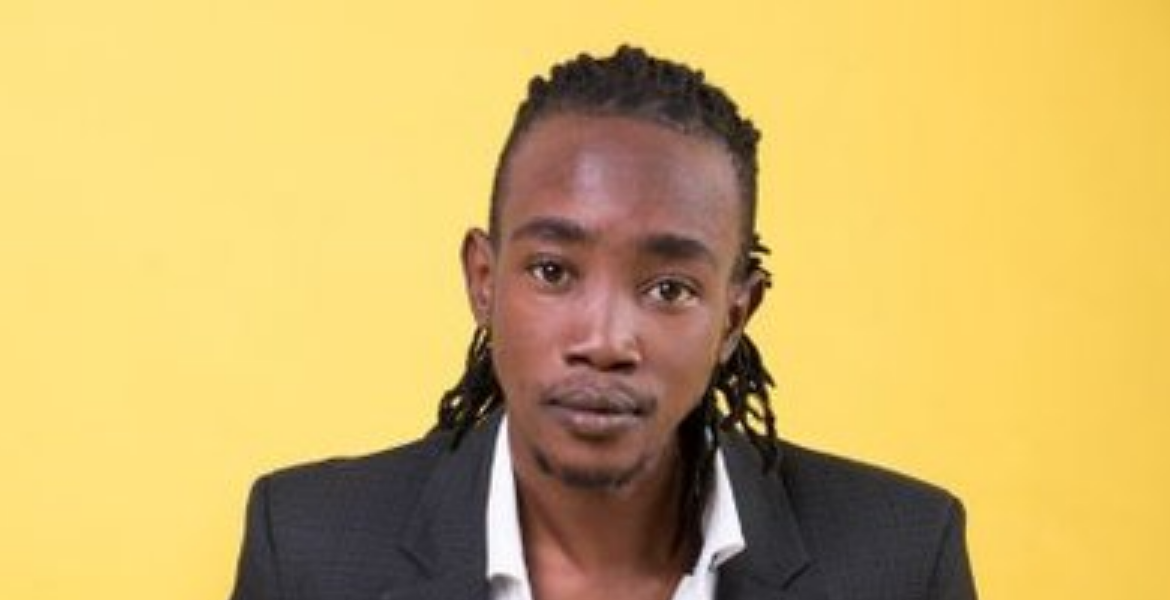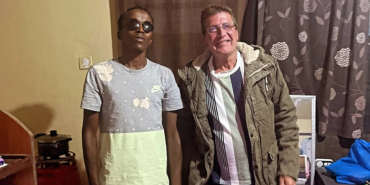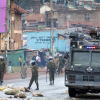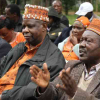Akuku Danger: Comedy Star and Sickle Cell Survivor

Mannerson Ochieng, known professionally as "Akuku Danger," has become a beloved figure in Kenyan comedy despite facing significant health challenges.
Born in 1990 in Migori County, Ochieng's early life was marked by the onset of a chronic blood disorder that would shape his future. At just seven months old, Ochieng began exhibiting troubling symptoms that alarmed his parents. These included swollen hands, jaundiced eyes, and an overall pallid appearance. After numerous hospital visits and medical tests, he was diagnosed with sickle cell anaemia (SCD) in 1997. This diagnosis came as a shock to his family, as knowledge about chronic diseases, particularly SCD, was limited at the time.
Dr. Kibet Shikuku, a Hemato-Pathologist at Nairobi West Hospital, elucidates the nature of SCD. The condition arises from an abnormal form of haemoglobin, the protein responsible for oxygen transportation in the blood. This anomaly causes red blood cells to adopt a sickle-like shape leading to clumping within blood vessels. The result is recurrent pain crises and tissue damage. SCD is an inherited disorder, requiring a child to receive the sickle cell gene from both parents who are typically carriers of the trait. The prevalence of SCD in Kenya is significant, with the World Health Organization reporting that 14,000 children are born with the condition annually in the country.
Globally, this figure rises to over 300,000. The disease is particularly prevalent in Kenya's western, Nyanza, and coastal regions. Alarmingly, without proper screening and treatment, an estimated 50-90% of affected children in Sub-Saharan Africa do not survive beyond their fifth birthday. The Kenyan healthcare system faces numerous challenges in addressing SCD. These include late diagnosis, insufficient education among healthcare providers, and limited access to appropriate treatments. These factors contribute significantly to the mortality rate of children under five years old. However, the Ministry of Health has been working to mitigate these issues by enhancing diagnostic capabilities, training medical professionals, and improving treatment accessibility.
Progress in combating SCD in Kenya has been made, notably through the efforts of organizations like the Academic Model Providing Access to Healthcare (AMPATH). This initiative has established comprehensive care programs in western Kenya, focusing on healthcare provider training, patient and family education, support group formation, and provision of affordable diagnostic and treatment services. Despite these advancements, significant hurdles remain. The definitive cure for SCD - a bone marrow transplant - is neither readily available nor financially accessible for most Kenyans. As a result, disease management typically revolves around preventing pain episodes, alleviating symptoms, and averting complications.
The comedian has established the Center for Sickle Cell, an organization dedicated to advocacy and raising awareness about sickle cell disease. The centre advocates for mandatory genotypic testing to protect future generations and is petitioning the government to subsidize SCD medications. Despite the challenges of living with SCD, Ochieng maintains a positive outlook and encourages others with the condition to accept it and adhere to their prescribed medication regimens, asserting that this approach can lead to a relatively normal life. He emphasizes that his own career has progressed well, with minimal impact from the disease.
However, Ochieng's journey has not been without hardship. He experienced a profound loss when his sister succumbed to SCD. While acknowledging the significant void left by her passing, he finds solace in his faith, believing that such events occur for a reason. Despite the challenges, Ochieng remains hopeful about his future, aspiring to surpass the average life expectancy for individuals with his condition.








Comments
For quick Recovery: He needs…
Permalink
For quick Recovery: He needs to Cut that Women hair. *Long Hair is Symbol (Glory) of a Woman; not Man.
Add new comment